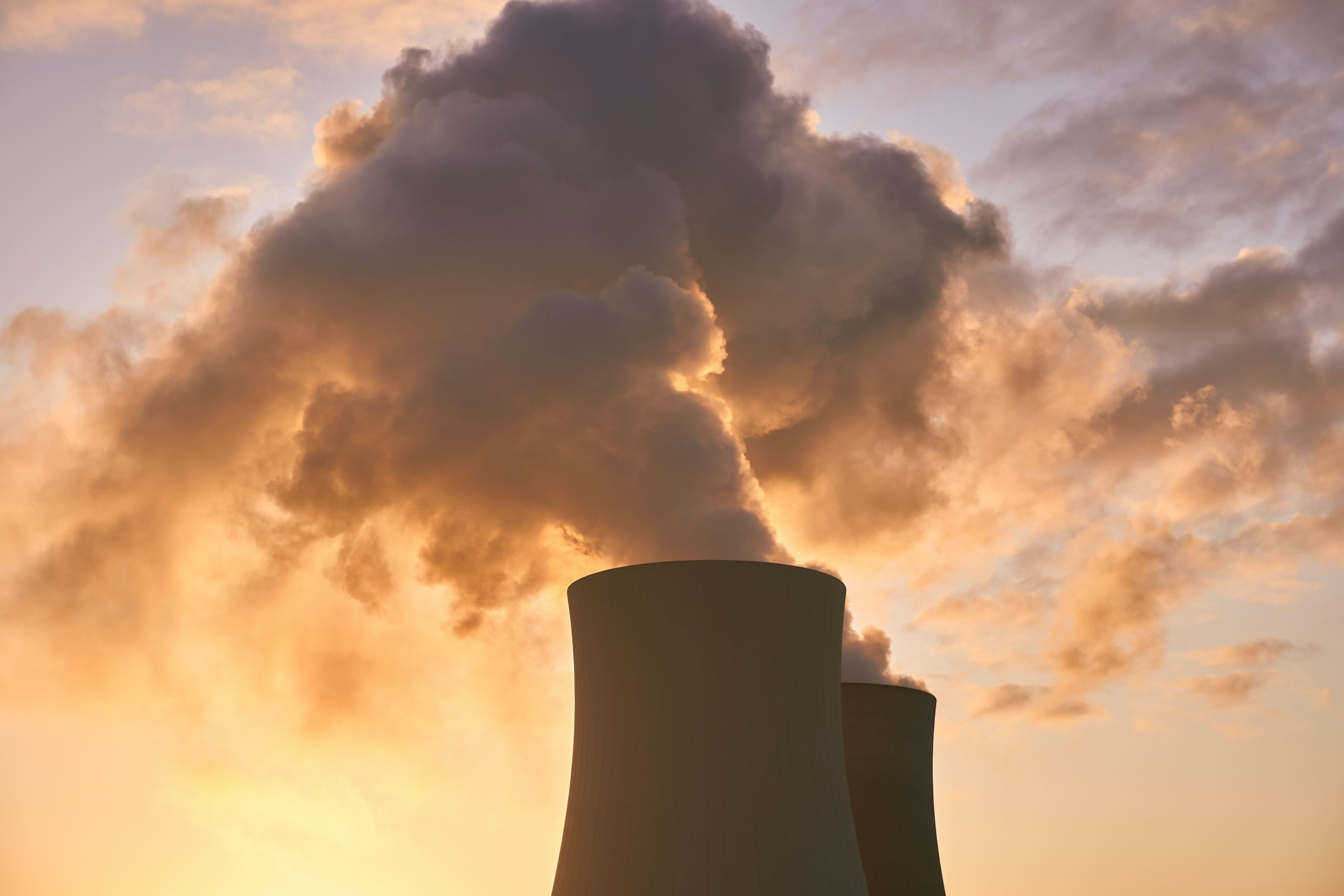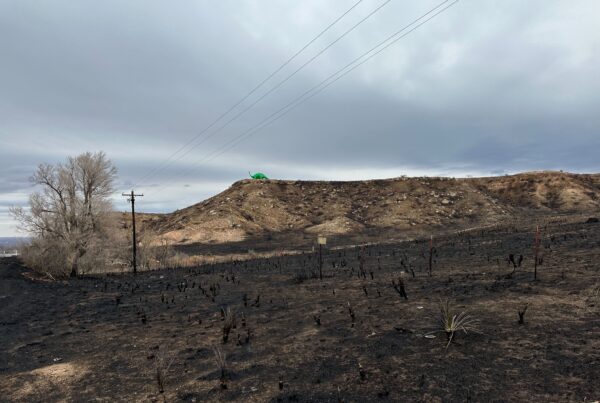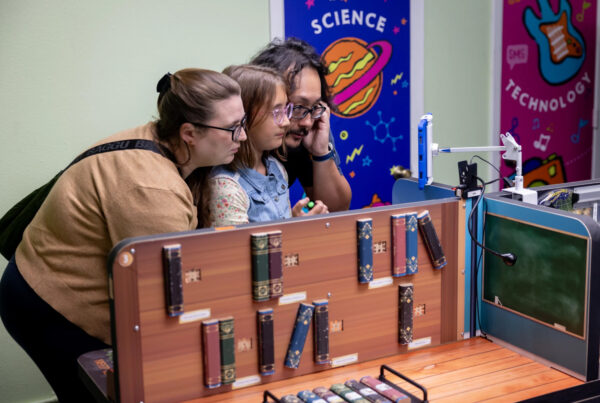In East Texas, oil companies are starting to drill new wells – not to extract oil from the ground, but to put carbon dioxide into the earth. They’re hoping to cash in on federal programs to boost carbon capture projects.
The technology isn’t without controversy. The idea is to curb emissions fueling climate change by storing carbon underground, but its critics say it’s inefficient and doesn’t address the underlying causes of climate change.
Amanda Drane, energy reporter for the Houston Chronicle, spoke with the Texas Standard about why Big Oil companies are investing in these projects.
This transcript has been edited lightly for clarity:
Texas Standard: We’ve been hearing more about carbon capture in recent years as a way to reduce emissions. Can you remind us exactly what this technology is and how it works?
Amanda Drane: Yeah. So there’s three pieces to the puzzle. There’s equipment needed to capture carbon out of the air, either directly or via a smokestack. Pipelines needed to carry the CO2 to storage projects. And that’s where these oil companies come in. And they’re using a similar skillset that they’ve applied to oil and gas: knowledge of the underground geology to inject CO2 underground.
The third element obviously being these underground storage sites. Now, what about the facilities that companies are planning to – and I gather, in some cases, starting to – build in East Texas?
So Petronovo was one of the first carbon capture projects to get off the ground in the world back in 2016. The CO2 was being used primarily for enhanced oil recovery, which is a method used by the oil and gas industry to get more oil out of the ground.
These new projects are being fueled by the Biden administration’s Inflation Reduction Act, and they’re targeting permanent storage for the most part.
And they get paid a certain amount based on tonnage of carbon that they capture, right?
Right. So whoever installs the capture equipment at the smokestack of industrial facilities in Texas, Louisiana and elsewhere, they’re eligible for $85 a ton of CO2 captured.
» GET MORE NEWS FROM AROUND THE STATE: Sign up for Texas Standard’s weekly newsletters
Very interesting. So this could this could really mount if you have a reservoir big enough. Well, what about, any concerns here? I know that the Texas Land Office has recently started to allow some of these companies to drill and and start building out or at least testing potential builds for carbon capture facilities out in the Gulf of Mexico.
What are residents and others who are involved with climate change research saying about carbon capture?
This is a new industry. And so there’s a lot of suspicion about how safe it is to inject and to transport the CO2 by pipeline. There’s been a lot of pushback elsewhere in the country on CO2 pipelines.
The East Texas and Louisiana corridor already has CO2 pipelines installed, so that is one reason the companies are congregating here.
The international community concerned about climate change and the trajectory that we’re on, the [International Energy Agency], has said that carbon mitigation is something that has to play an essential role in the fight against climate change. The carbon needs to get pulled from the air because it’s warming the climate.
Well, it’s striking to me how some of the names in this race – Chevron, Exxon Mobil, Occidental Petroleum, some of the biggest in the industry – clearly believe that they can make a whole lot of money on this.
At the same time, I suppose some listeners might be struck by the irony here of having a company that drills for oil and contributes to carbon emissions then getting to capitalize on capturing those carbon emissions and put it back into the ground.
Yeah, it’s a fair question. The fact of the matter is oil and gas is still an important part of our energy mix.
And until we figure out another way to fuel modern society, there is also this demand to get CO2 out of the air as quickly as possible for the sake of mitigating climate change. And these oil and gas companies do have a unique set of skills when it comes to the underground.















